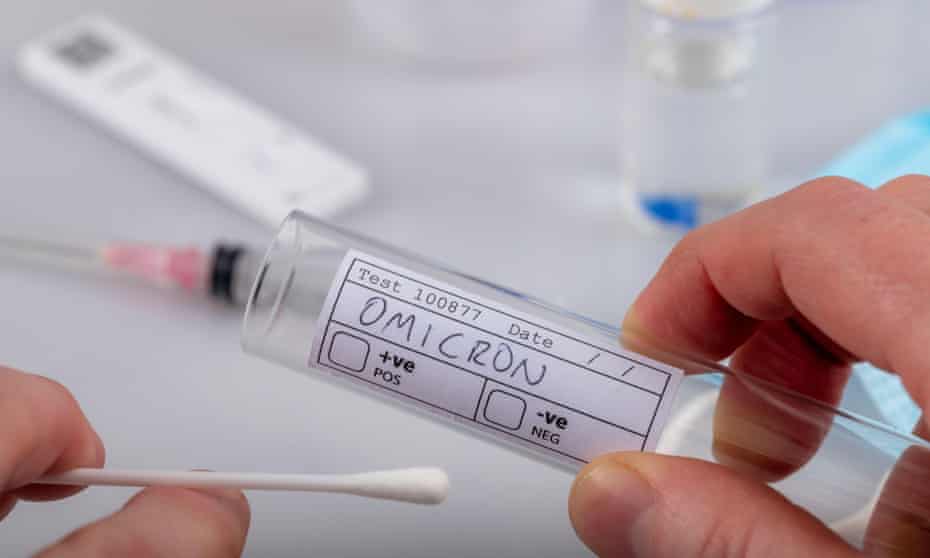Omicron is a new strain of the coronavirus and its first case in Southern Africa. The World Health Organization is called Omicron a “variant of fear” and warned that the global risks impersonated by it were “very high,” despite what officials defined as a multitude of uncertainties. Cases have been found in more than 30 leading countries such as Britain, Italy, Belgium, and the Netherlands. Omicron also detected in the United States — in a traveller who returned to California from South Africa and Minnesota man who spend their time in New York City.
Omicron’s discovery has driven many panic crossways the globe, with several countries prohibiting flights from southern Africa or — Israel, Japan, and Morocco — barring entry of foreign travelers altogether.
But public health professionals have advised cautiousness, noting that there is as yet no firm evidence that Omicron is more unsafe than previous variants like Delta, which rapidly overtook its predecessors in the United States and other countries.
There are early symptoms that Omicron may cause only minor illnesses. But that opinion was based mainly on South Africa’s cases amongst young people, who are less likely to become severely ill from Covid.
Much remains unknown about Omicron, whether it is more transmissible and skilled in causing severe illness. There is some indication the variant can reinject people more eagerly. Omicron is an indication that the standard and widely helpful monoclonal antibody drugs may need to be updated if the new variant spreads violently.
Omicron’s rise is so recent that it may be a while before specialists know whether it is more pathogenic. Covid hospitalizations lag new contaminations by two weeks or more. So scientists expect to study much more in the following weeks. At the current time, they say there is no reason to believe Omicron is impermeable to existing vaccines, although they may turn out to be less defensive to some unknown degree.

